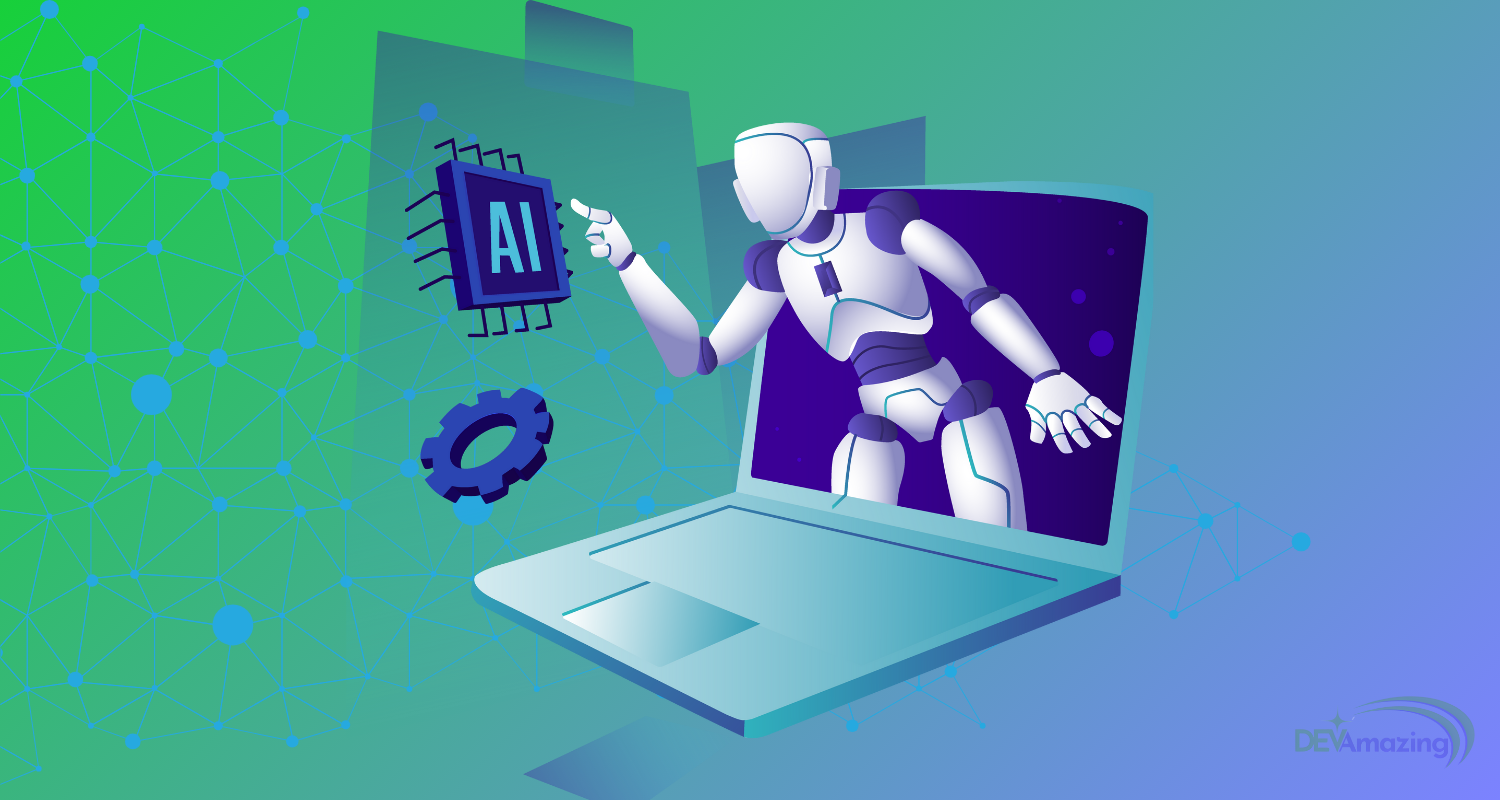The rise of artificial intelligence (AI) has sparked a wave of anxieties across various industries, with content creation being no exception. The question on everyone’s lips: will AI replace content writers? While AI tools are becoming increasingly sophisticated, capable of generating text that resembles human writing, the reality is far more nuanced.
What you will learn

The Power of AI in Content Creation
AI writing tools, like GPT-3 and Jasper, are revolutionizing the way content is created.
They can generate:
- Basic Content: AI can churn out simple articles, blog posts, social media captions, and even product descriptions, saving time and effort for repetitive tasks.
- Personalized Content: AI can tailor content to specific audiences based on demographics, interests, and preferences, enhancing engagement and relevance.
- Multilingual Content: AI can translate content into multiple languages, expanding reach and breaking down language barriers.
- Data-Driven Content: AI can analyze data to identify trending topics, popular keywords, and customer preferences, informing content strategy and optimization.
The Limitations of AI in Content Creation
While AI excels at certain tasks, it still falls short of human creativity and ingenuity.
Here’s why:
- Lack of Emotional Intelligence: AI lacks the ability to understand and convey emotions, making it difficult to create compelling and relatable content that resonates with audiences.
- Limited Creativity and Originality: AI relies on existing data and patterns to generate text, often producing repetitive or formulaic content that lacks the spark of human creativity.
- Inability to Think Critically: AI cannot think critically or analyze complex ideas, making it unsuitable for nuanced topics that require in-depth research and analysis.
- Ethical Concerns: AI-generated content raises ethical concerns about plagiarism, authenticity, and the potential for spreading misinformation.
The Future of Content Creation: A Collaborative Approach
The future of content creation lies in a collaborative approach, where AI and human writers work together to leverage their respective strengths.
Here’s how:
- AI as a Tool for Efficiency: Content writers can use AI tools to automate repetitive tasks, freeing up time for more creative and strategic work.
- AI as a Research Assistant: AI can analyze data and identify relevant information, providing writers with valuable insights and supporting their research.
- AI as a Brainstorming Partner: AI can suggest ideas and generate different variations of content, sparking creativity and fostering innovation.
- Human Writers as the Creative Core: Human writers bring their unique perspectives, emotional intelligence, and critical thinking skills to the table, ensuring content is engaging, authentic, and impactful.
The Role of the Content Writer in the AI Era
The role of the content writer is evolving, but it’s not disappearing.
In the AI era, content writers will need to:
- Develop Strong Analytical Skills: Understanding data and leveraging insights from AI tools will be crucial for creating effective content.
- Embrace Creativity and Innovation: Humans will be valued for their ability to think outside the box, generate original ideas, and create compelling narratives.
- Master Storytelling and Emotional Connection: Content writers will need to focus on crafting stories that resonate with audiences, evoking emotions and building connections.
- Stay Ahead of the Curve: Continuously learning and adapting to new AI tools and techniques will be essential for staying competitive.
Conclusion
AI is not replacing content writers; it’s transforming the landscape of content creation. By embracing AI as a tool and focusing on their unique human capabilities, content writers can thrive in this evolving world. The future of content creation is a collaborative one, where AI and human writers work together to create engaging, impactful, and authentic content that resonates with audiences.

